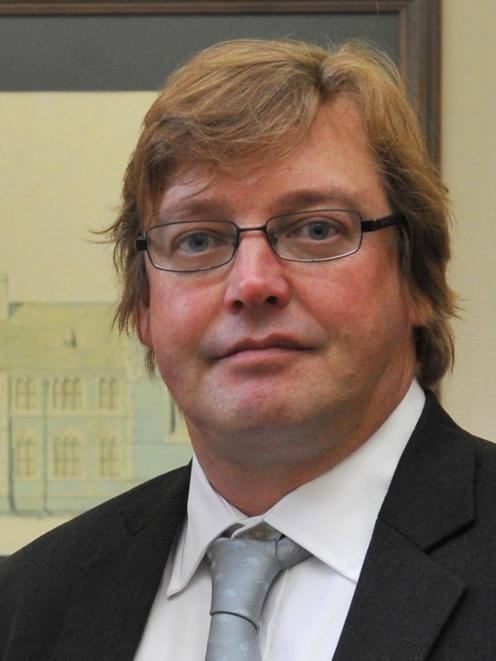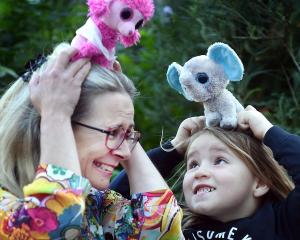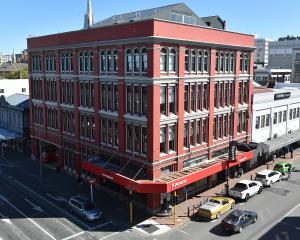
Detailed budgets for the six nationally-funded centres selected have yet to be advised, but the move seems likely to inject more than $40 million of extra funding into Dunedin research over the next six years.
Otago University is one of the big winners in the latest national Core selection process, with the Government allocating nearly $210 million to the Cores.

Yesterday's Government announcement significantly boosts Otago University's academic reputation.
It ends a 12-year wait for Otago since the first Cores were announced in 2002.
The university has not hosted its own Core despite being highly successful in attracting other competitive research funding.
Otago physicist Associate Prof David Hutchinson, who will direct the Dodd-Walls centre, was ''delighted'' with the outcome.
And Otago psychologist Prof Cliff Abraham, who will co-direct the Brain Research centre, with Distinguished Prof Richard Faull, of Auckland University, was ''absolutely thrilled'' at the funding news.
Three of the six centres centres are hosted, and another co-hosted, by Auckland University, and one centre is hosted by Victoria University of Wellington.
Otago vice-chancellor Prof Harlene Hayne said Otago University was New Zealand's oldest and ''finest'' university but was often also its ''shyest'' when it came to promoting its own achievements.
Funding support for the two centres was ''particularly exciting'' and provided important external validation of the world-class research undertaken at Otago.
Otago University officials had long been baffled about why Otago had not been selected to host a Core earlier, she said.
Brain research and neuroscience were subjects dear to the hearts of Otago people, who had earlier fought to ensure neurosurgery services were maintained in the South, she said.
It is understood Otago permanent staff will not sizeably increase, but significantly more funding will support increased numbers of postgraduate researchers.
Otago Museum director Dr Ian Griffin said the Dodd-Walls centre outcome was ''fantastic news'', and said the museum and centre had earlier signed a memorandum of understanding.
The centre will fund 0.5 of a museum educator position, and a ''centre of illumination'' involving educational outreach from the research centre will be based at the museum.
Otago University deputy vice-chancellor, research and enterprise, Prof Richard Blaikie, said Otago research would receive a ''definite boost'', but it was too early to tell exactly how much would be received.
Otago would gain a ''significant proportion'' of the nearly $210 million available overall.
And the university would also be ''getting resources'' through its involvement in five out of the six selected centres, and not just those it was hosting or co-hosting.
If Otago University received 20% of the overall funding, which it did with the Performance-Based Research Fund process, it would gain about $42 million, university officials said.
Prof Abraham said New Zealand had an ageing population, and rapidly rising numbers of people were affected by ageing-related brain disorders, including stroke and Alzheimer's.
Brain Research New Zealand aimed to enable people to age well, with a healthy brain, he said.
At a glance
- The University of Otago will host a Centre of Research Excellence in physics
- The university will co-host a brain research centre
- Likely more than $40m of extra funding into Dunedin research over six years
- $210m allocated nationally as Core funding
- Funding becomes available from January 1
- Ends a 12-year wait for the university to be chosen to host a Core












